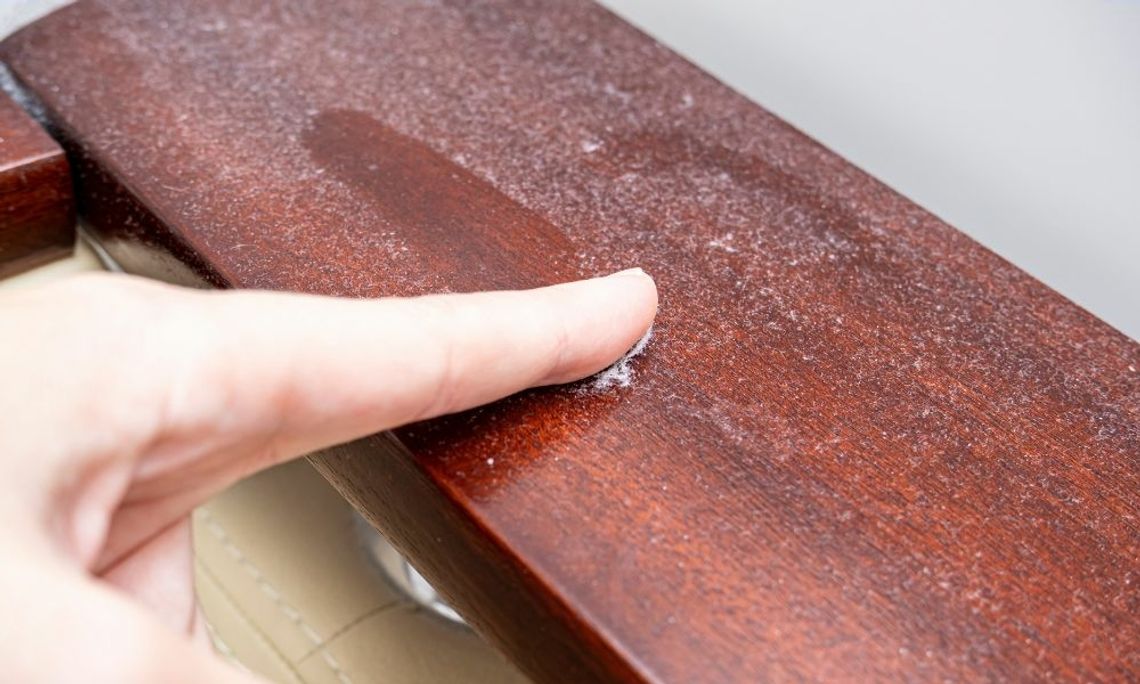Dust is all around! It’s in homes, office buildings, shops, and throughout nature. Sometimes, it’s impossible to avoid dust because of its prominence in the world.
If you’re experiencing negative reactions and don’t know why, dust may be the problem. Learn about dust and the ways it can negatively affect your health.
What Is Dust?
When you think about dust, do you know what it’s made of? Dust is a combination of skin cells, hair, dust mites, pollen, bacteria, and clothing fibers.
Dust is a combination of lingering particles from indoors and outdoors. With such a wide variety of particles within the dust and its minuscule size, there are many ways it can negatively affect your health.
Aggravates Preexisting Respiratory Conditions
You see dust sitting on the top of cabinets and fans. You may think it’s stagnant and not a problem, but it’s incredibly easy to ingest dust.
For people with preexisting respiratory conditions, dust can be detrimental to their health. Some conditions that are commonly affected include asthma, bronchitis, pneumonia, lung cancer, and pulmonary disease.
Breathing in dust causes sneezing, coughing, and difficulty breathing. The inflammation heightens the symptoms of the preexisting illness and can be very harmful.
Worsens Allergy Symptoms
When people think of allergies, they might think of the changing weather and pollen floating through the air during the spring. For people with allergies, the presence of dust can easily generate worsened symptoms.
Common problems include itchy eyes, congestion, coughing, and sneezing. When you already have troubles with allergies, the additional irritation of dust only intensifies the side effects.
Affects Those With Dust Allergies
Additionally, some individuals are directly allergic to dust. Dust allergies are common. People mostly experience symptoms similar to those listed above. But they may also have more intense reactions, like rashes, shortness of breath, tightness or pain in the chest, and persistent sneezing.
The best way to minimize the symptoms of dust allergies is to keep your home and workplace clear of dust. If you cannot limit exposure to dust or your dust allergies are severe, allergy shots could be an effective solution.
Impacts Sensitive Skin
Dust doesn’t just aggravate people who have allergies or respiratory conditions. People with sensitive skin must pay more attention to the products they use and the environments they’re in to protect their skin. Frequent exposure to dust can immensely impact those with this condition.
People with sensitive skin are more susceptible to symptoms from exposure to dust. It can cause itchiness, rashes, hyperpigmentation, and a delay in the healing of the skin. Whether you have a diagnosis or generally sensitive skin, dust can easily worsen the skin’s quality and appearance.
May Cause Eczema
Dust mites are microscopic creatures that resemble insects. They feed on bacteria and dead skin cells and thrive in warm environments. Buildings with immense amounts of dust may contain dust mites as well.
As mentioned above, dust can negatively impact sensitive skin, but it also can trigger or worsen eczema in individuals. Frequent exposure to dust and dust mites can cause inflammation and diminish the skin’s barrier.
The negative effects of dust can be anything from an annoyance to a serious problem. That’s why it’s important to keep your space dust-free. Whether it’s a house or an office building, install different types of air filtration housings to promote healthy airflow and remove dust from the space.


Comment
Comments